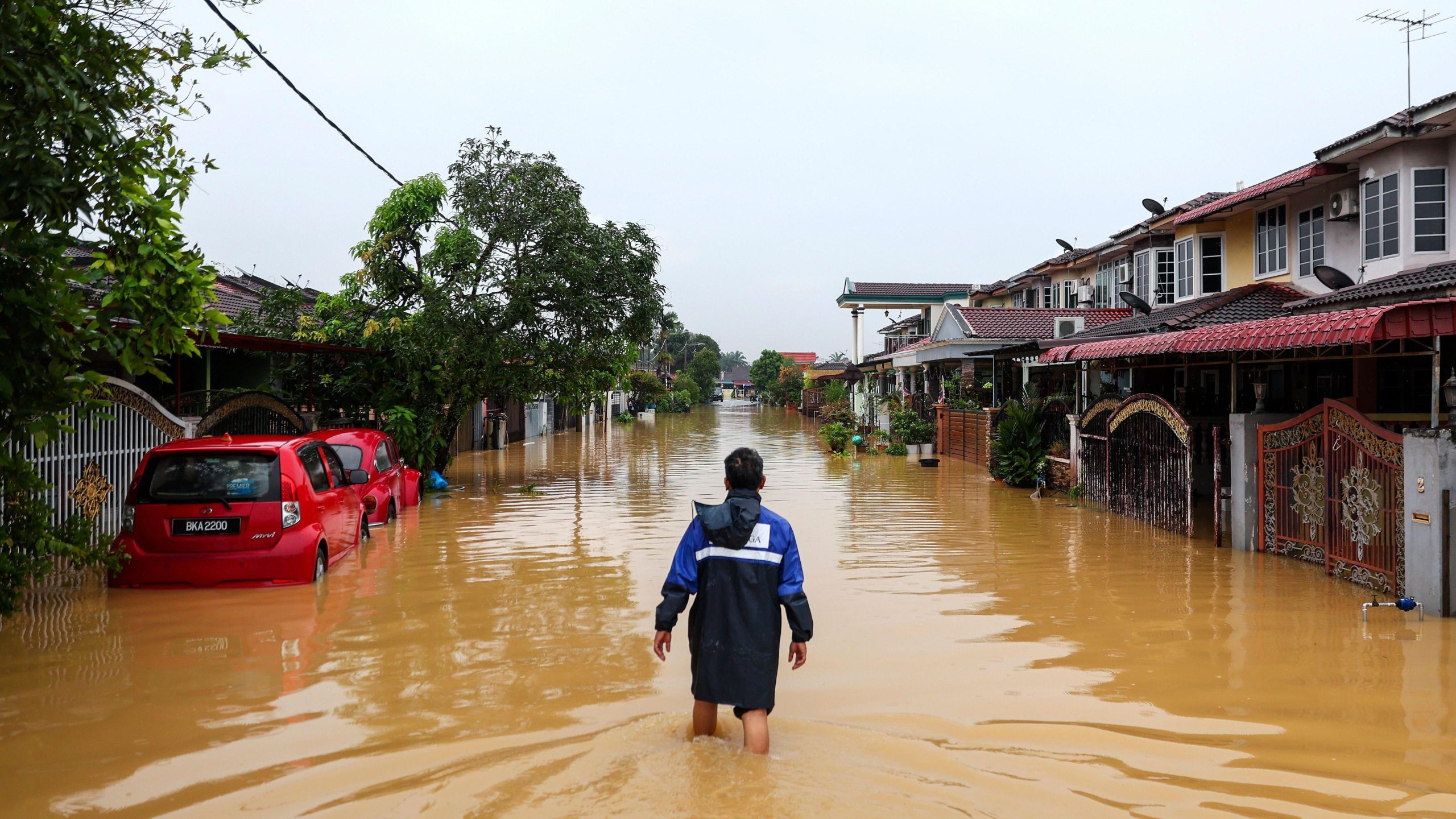Condom distribution in Nigeria fell by 55 per cent over the past year, the Joint United Nations Programme on HIV/AIDS (UNAIDS) has reported.
The agency launched its 2025 World AIDS Day report, Overcoming Disruption, Transforming the AIDS Response, on Tuesday, warning that the global HIV response is experiencing its most significant setback in decades.
In its report, UNAIDS highlighted widespread disruption to HIV prevention, testing, and community-led programmes. The agency noted that across 13 countries, the number of people newly initiated on treatment has also declined.
“Nigeria recorded a 55 per cent drop in condom distribution,” the report stated. The agency also drew attention to the effect on women in sub-Saharan Africa, noting that approximately 450,000 women have lost access to “mother mentors,” community workers who support their connection to care.
Winnie Byanyima, Executive Director of UNAIDS, said the decline is linked to abrupt funding cuts and a worsening human rights environment.
Speaking from Geneva, she said, “The funding crisis has exposed the fragility of the progress we fought so hard to achieve. Behind every data point in this report are people. Babies missed for HIV screening, young women cut off from prevention support, and communities suddenly left without services and care. We cannot abandon them.”
UNAIDS stressed the particular vulnerability of adolescent girls and young women, who were already severely affected prior to the crisis, with an estimated 570 new HIV infections occurring daily among females aged 15 to 24.
“This is our moment to choose,” Byanyima said. “We can allow these shocks to undo decades of hard-won gains, or we can unite behind the shared vision of ending AIDS. Millions of lives depend on the choices we make today.”
The report indicated that dismantled prevention programmes have increased risk for young women and that community-led organisations, essential to HIV outreach, are under severe pressure.
More than 60 per cent of women-led organisations reported having to suspend essential services. UNAIDS modelling suggests that continued disruption could result in an additional 3.3 million new HIV infections between 2025 and 2030.
The agency warned that international assistance has declined sharply, with Organisation for Economic Co-operation and Development projections indicating external health funding may drop by 30 to 40 per cent in 2025 compared with 2023.
“The impact has been immediate and severe, especially in low- and middle-income countries highly affected by HIV,” the report noted.
UNAIDS urged world leaders to maintain and increase HIV funding, particularly for countries reliant on external support, while investing in innovations such as affordable long-acting prevention.
The agency noted the importance of upholding human rights and empowering communities as central to an effective response to HIV.






